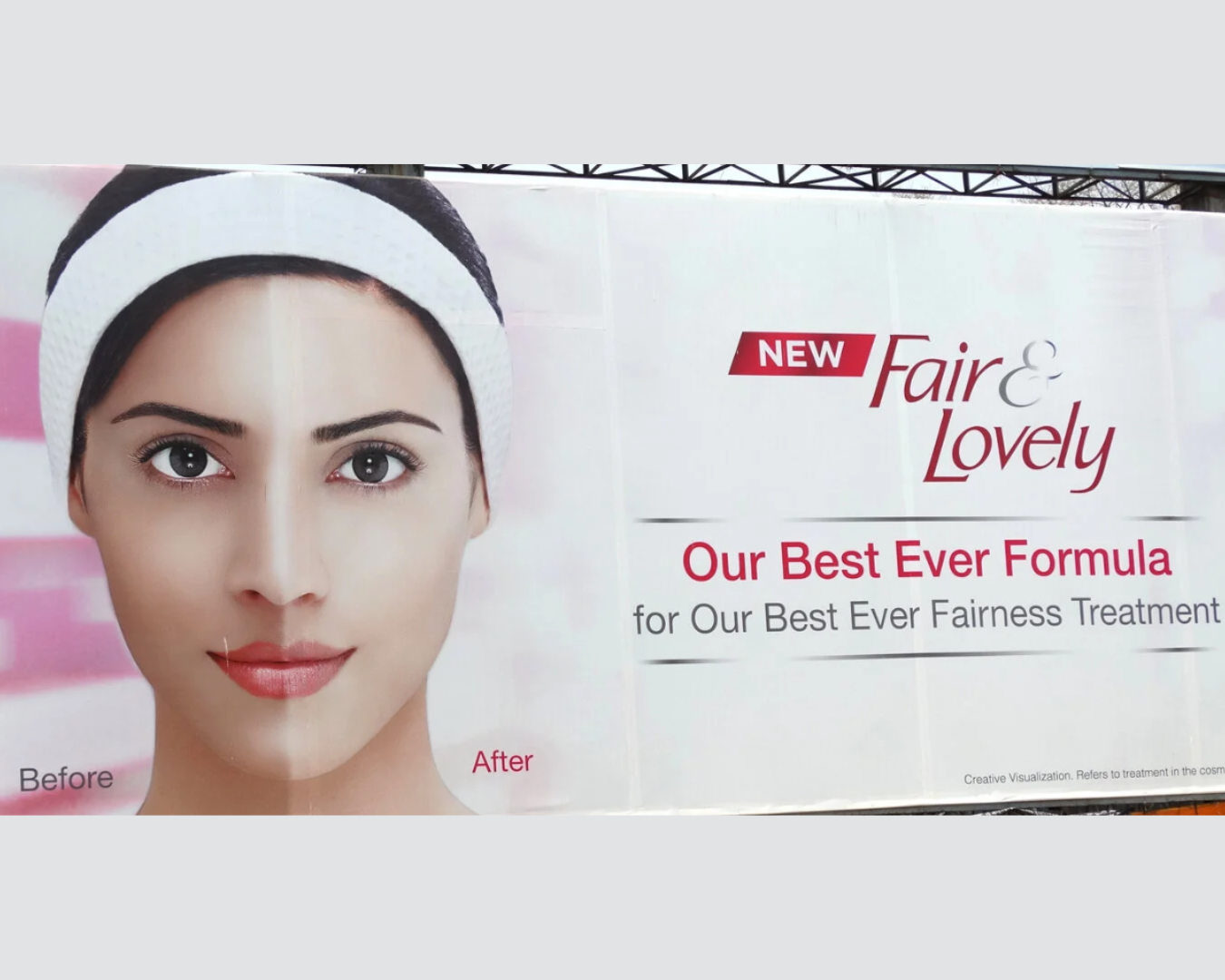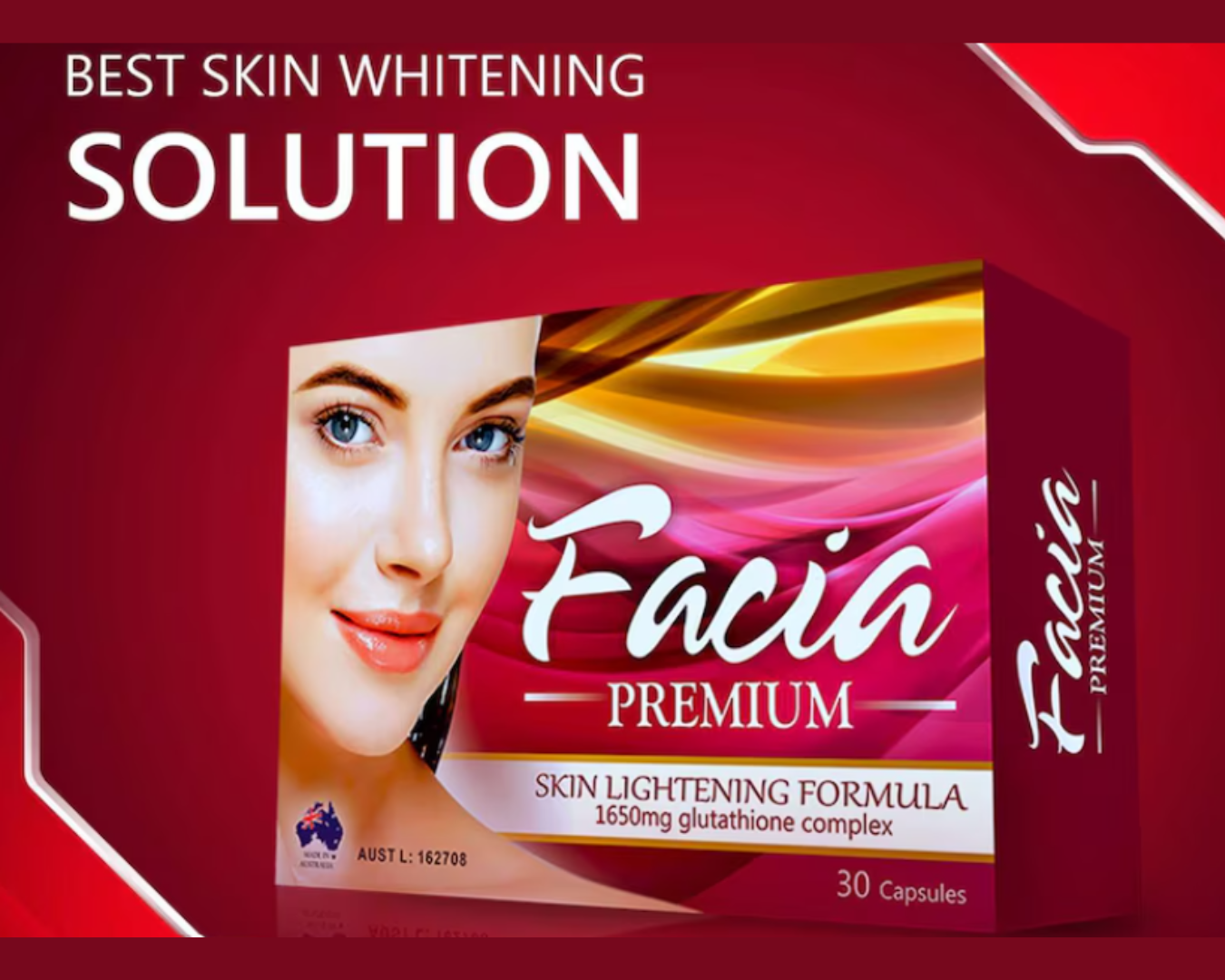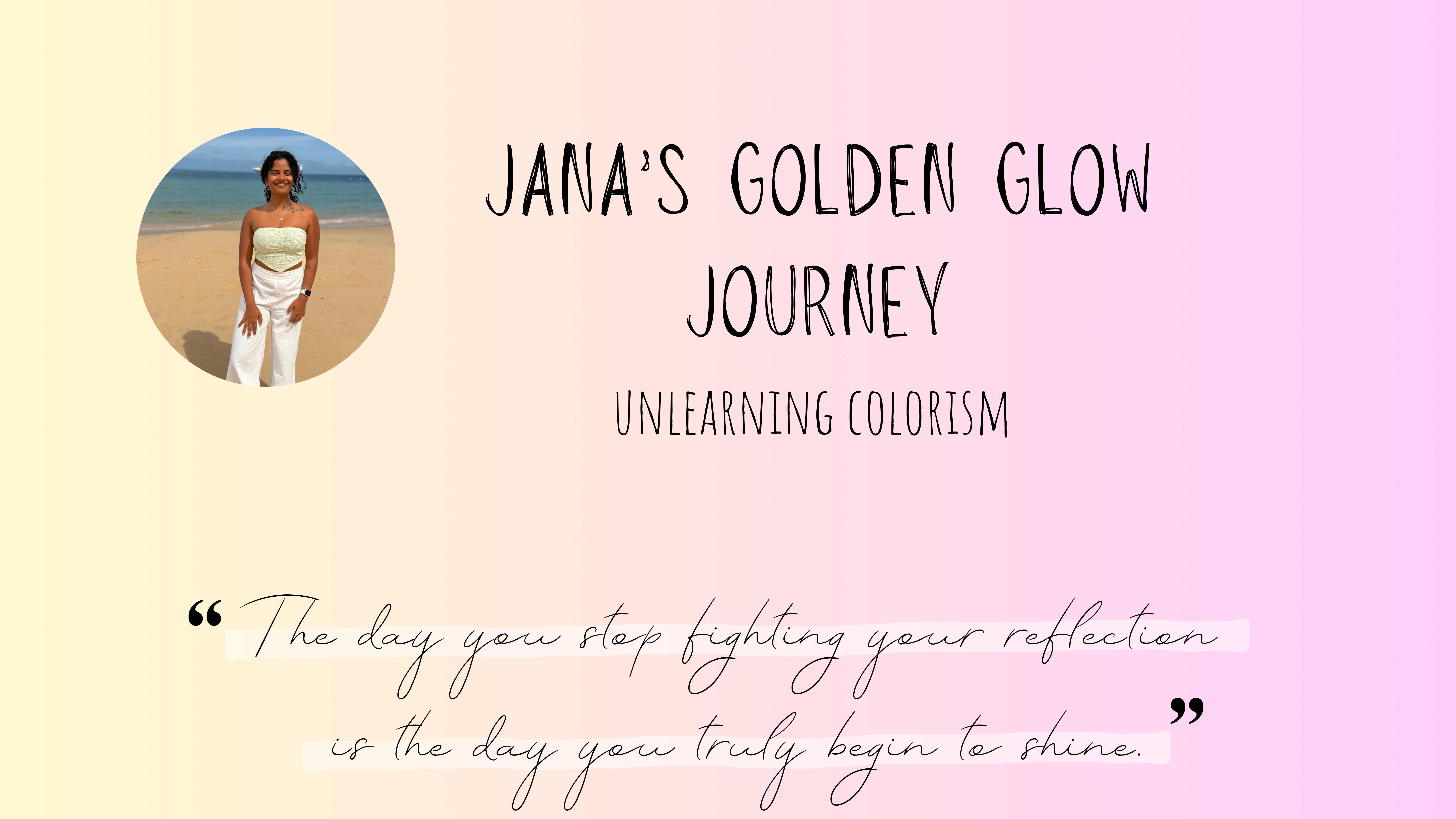
One of the very first comments made about me came from my grandfather.
The moment I was born, he apparently looked at my mum and sighed,
“oh, this one is dark”, his voice heavy with disappointment - as if my very existence was a flaw before I had even taken my first breath.
I didn’t know it at the time (I was too busy crying), but that moment set the stage for how color was going to shape my life.
As painful as it sounds, this isn’t an uncommon story. Across South Asia, countless babies arrive in this world not celebrated for their life, but judged for the color of their skin.
The Weight We Inherit
My mum knew this pain all too well
She was judged endlessly for the color of her skin. My dad’s relatives would say cruel things to her - even warning her not to carry children, afraid her complexion would “transfer” to them.
She never truly healed from those wounds. She didn’t have the tools, the guidance, or the awareness to process what she went through, so the pain stayed - quietly shaping how she saw herself. And so, even as I grew up, she remained caught in the belief that her skin and her hair texture were flaws that needed fixing. Without meaning to, she carried that pain forward and passed it down.
I still remember her asking my dad one day, “Why didn’t you pass your fair genes to our daughters?” Those words carved deep. They became part of the lens through which I learned to see myself.
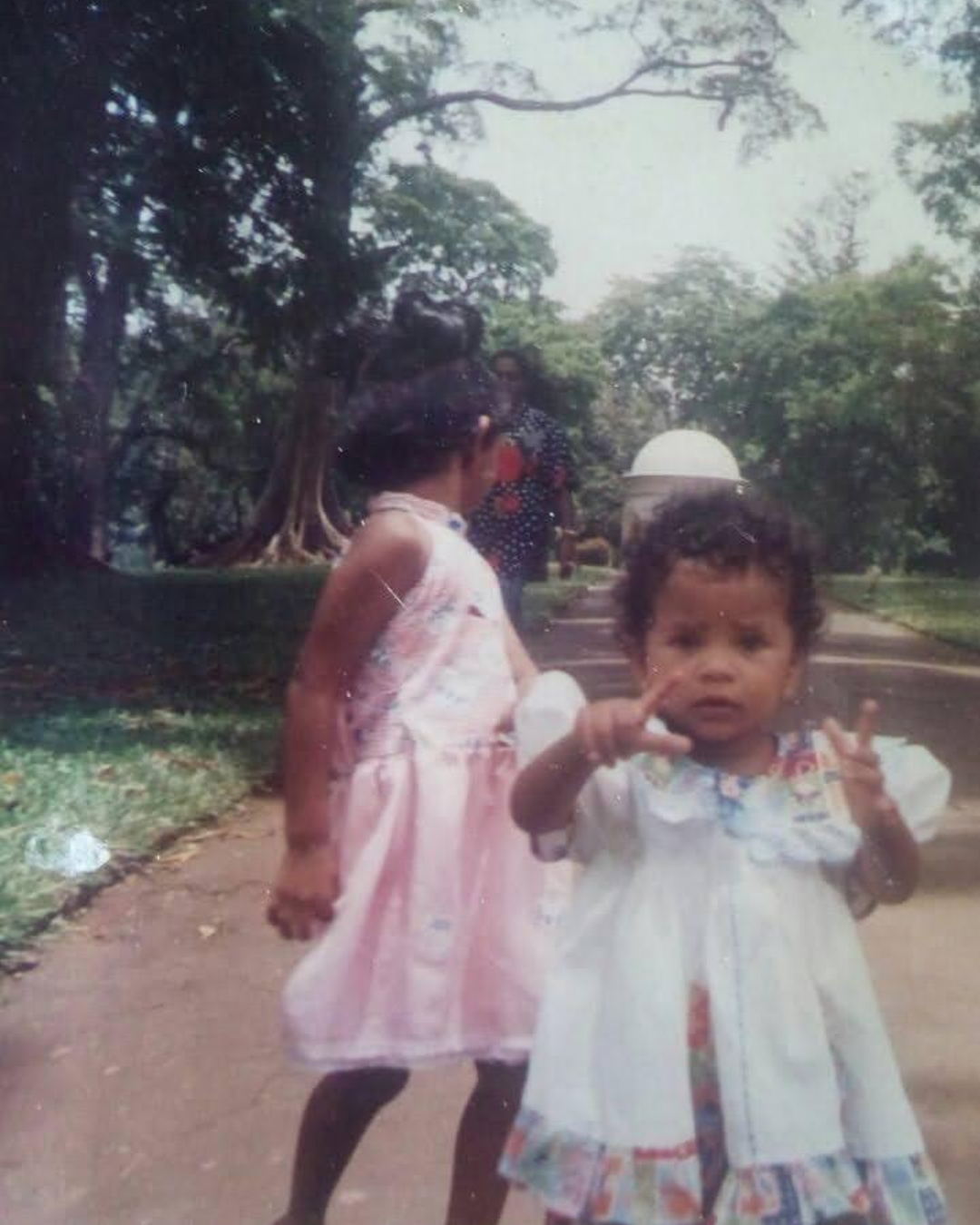
The Media’s Whisper
Everywhere I looked, the same message echoed. Advertisements promised new skin, and with it, new worth. Fair & Lovely commercials for example, showed a girl with dark skin who, after using the cream, "magically" transformed into someone with lighter skin, confident, and suddenly “worthy.” The message was clear: fair = beautiful.
In movies, lighter skin was almost always cast as heroic. Darker skin was pushed into the shadows - villains, sidekicks, and comic relief. A quiet lesson repeated: dark was something to laugh at, fear, or dismiss, but never to admire. And just to show how deeply ingrained this bias was, some actresses even went as far as undergoing dangerous “fairness injections” just to climb higher in their careers.
At school, the pattern repeated. Fair-skinned girls were praised and chosen. If you were mixed-race, you were admired. If you were a white foreigner, you were practically glorified. Teachers favoured you, classmates gravitated toward you, opportunities came easier - and with every nod of approval, your confidence would bloom.
For the rest of us, it meant fighting twice as hard for half the recognition.
Living in Fear of the Sun
These experiences left their mark on me. I grew up dodging the sun - not for my health, but for my complexion. Long sleeves at the beach. Umbrellas on bright days. Constantly hiding.
Being a dark-skinned, curly-haired girl felt like going to war with myself every single day - a battle that most girls like myself would painfully relate to.
Leaving Changed Everything
When I moved to Australia in 2019, the walls of that conditioning began to crack. Away from the constant chorus of fair = better, I began to see myself differently.
Strangers stopped me to compliment my hair and my skin tone - the very features I had despised all my life. I wasn’t sure if they were serious or if I’d stepped into an alternate universe, but it planted a seed: maybe the problem was never me. Maybe it was the lens I’d been taught to see myself through.
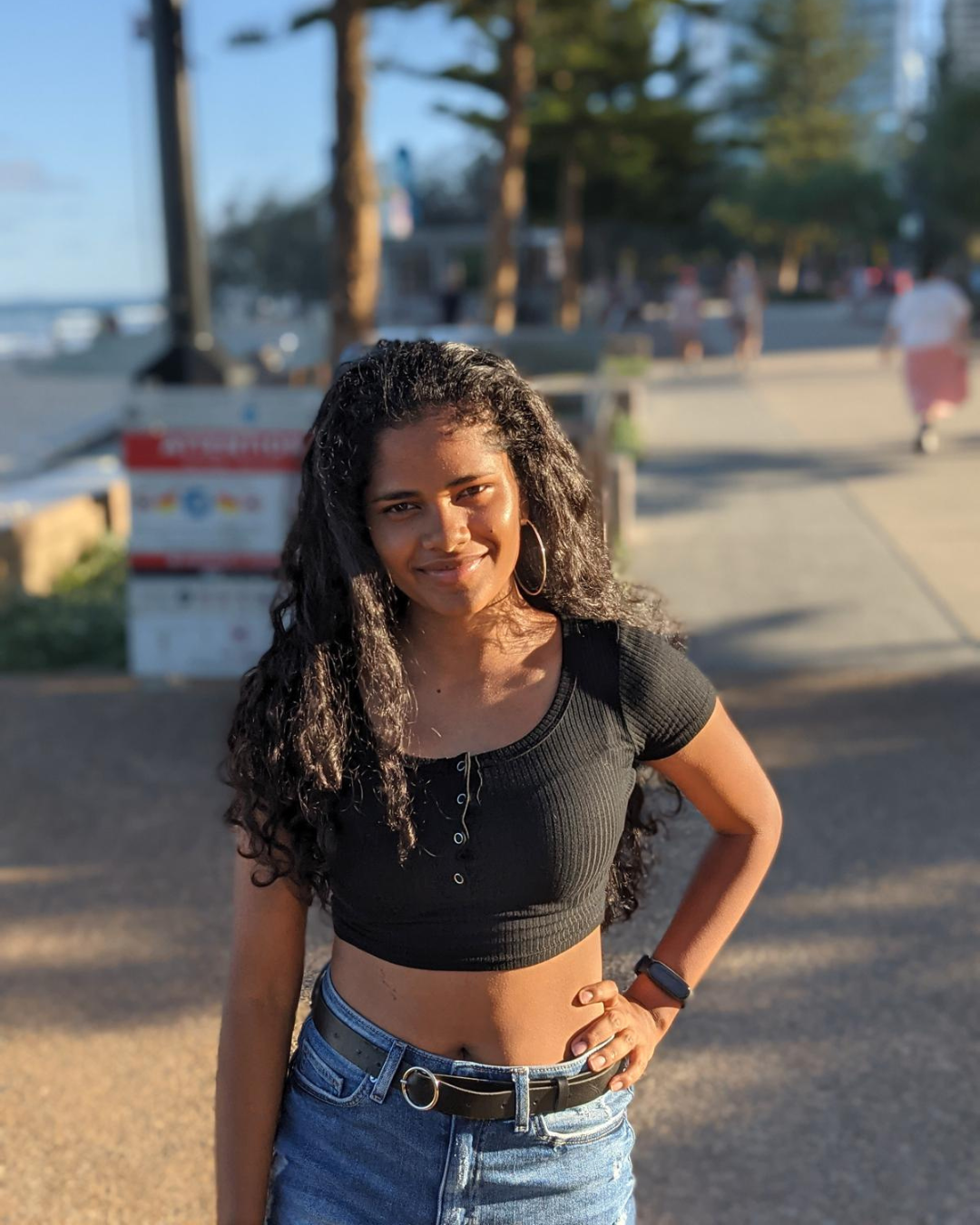
The Truth About Colorism
That realisation pushed me to look deeper. Colorism in Sri Lanka didn’t appear out of nowhere. It was woven through generations - by caste, class, and centuries of colonisation.
Our colonisers didn’t just rule us politically; they reshaped our standards of beauty, pride, and identity. Fairness became linked with privilege. Whiteness was painted as power. Slowly, we began to internalise it, until it seemed natural to bleach our skin, straighten our hair, and chase lighter features - forgetting that our skin - rich with melanin - was made to thrive under our sun. It was never a curse, but a kind of armour.
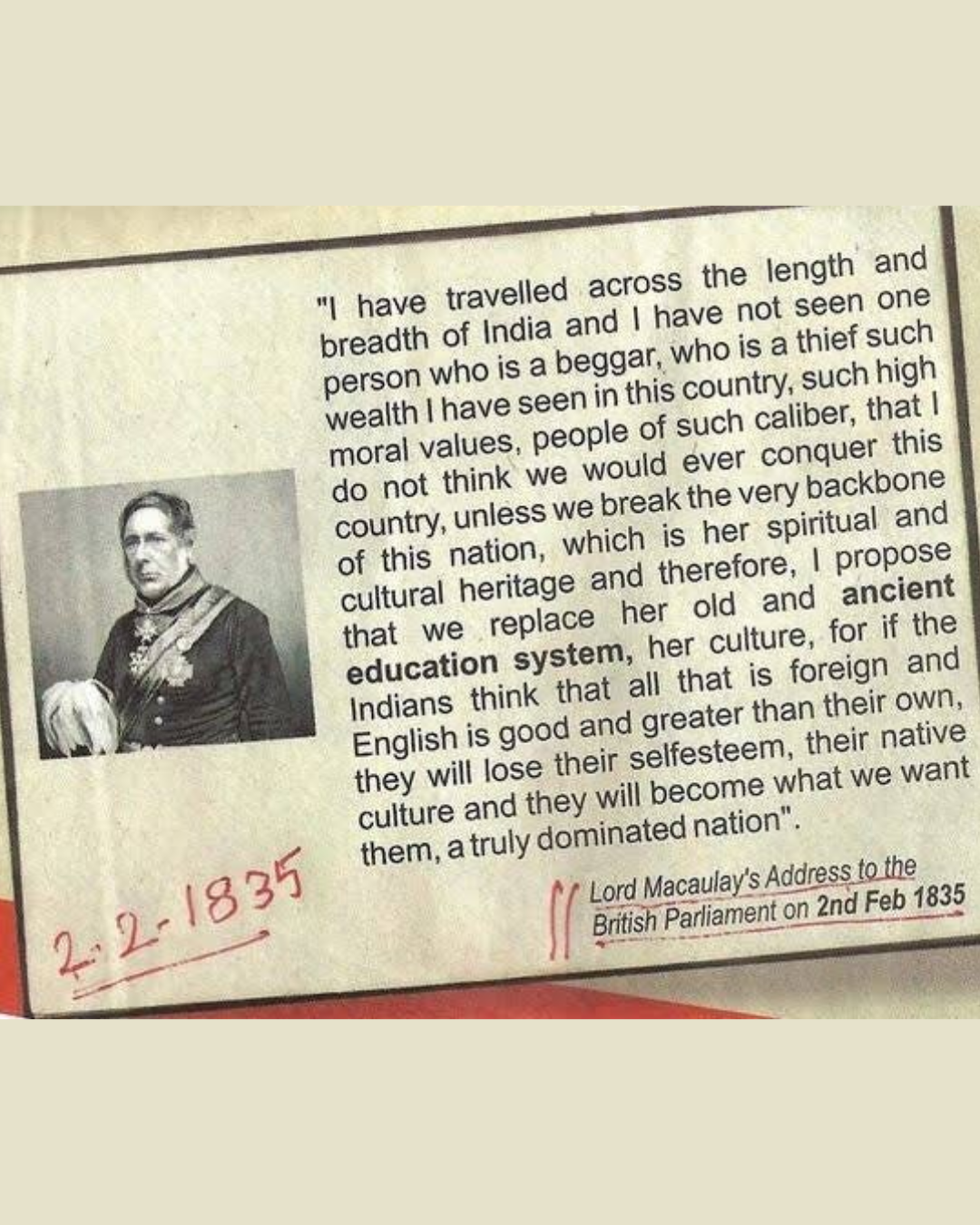
Coming Back to Myself
Learning this history didn’t just educate me - it freed me. I realised the shame was never mine to carry.
I stopped hiding under umbrellas. I let my skin meet the sun again. And something incredible happened: my skin, once ashy and dull from being hidden away, began to glow. It turned golden, radiant, alive.
I stopped chasing a lighter version of myself, and I stopped seeing my mum’s features in me as a curse. I now see them as gifts - ones she finds difficult to embrace, but I can.
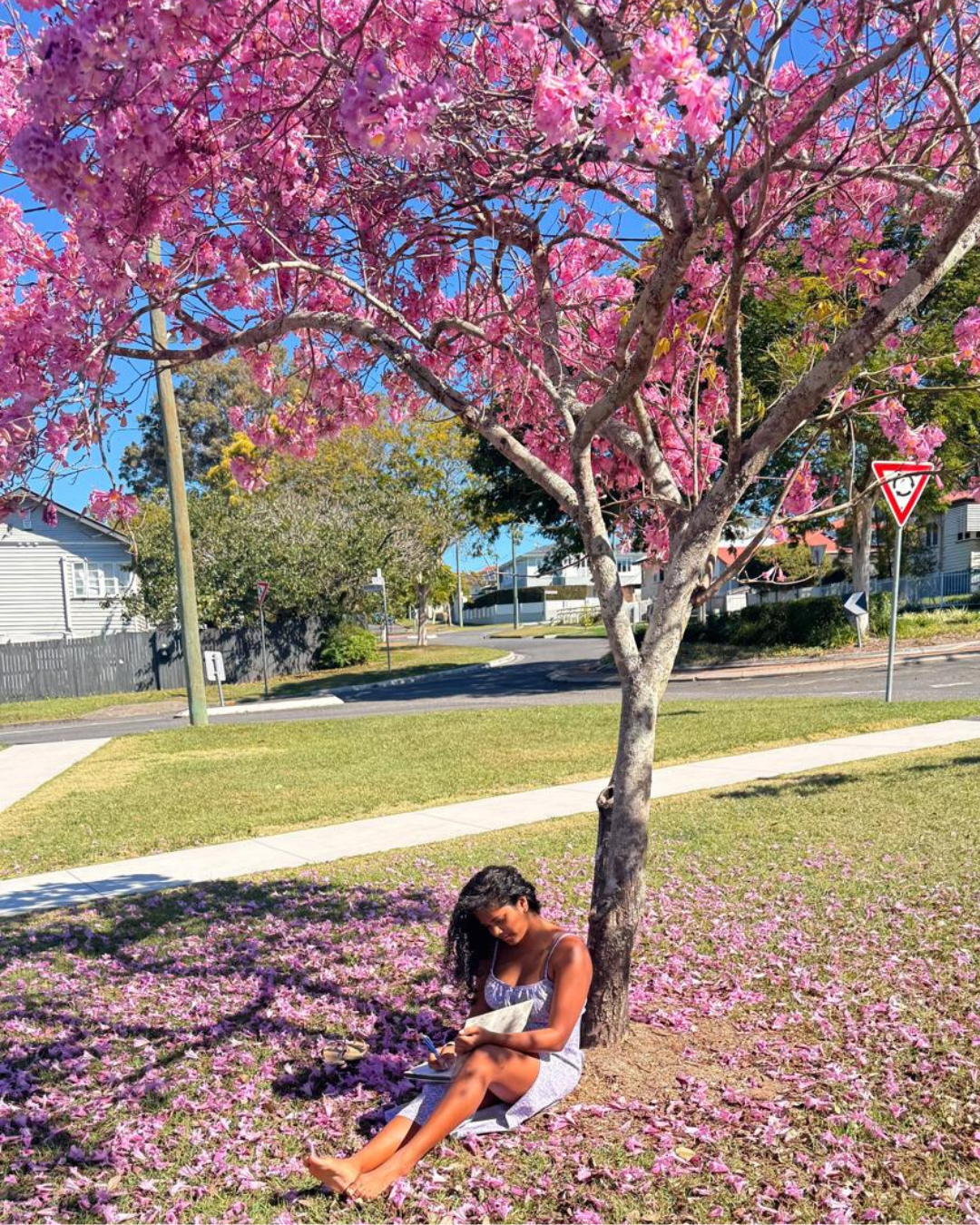
To my Brown Sisters,
If you’ve ever been called “too dark”
If you’ve ever wished to look lighter just to feel worthy.
If you’ve ever felt invisible in your own skin - please know this: you were never the problem.
The problem was the system, the conditioning, and the lies you were taught to believe.
That weight still tries to settle on my shoulders sometimes - it’s sneaky that way. But each time I notice it, I practice setting it down. Maybe that’s what reclaiming yourself really means - not that the old voices disappear, but that they stop deciding who you are.
Your skin is not a burden. It is a blessing.
Every shade of brown carries history, resilience, and beauty the world once tried to erase.
Breaking the Cycle Together
I couldn’t heal my mum’s wounds for her. But together, we can break the cycle - not just for ourselves, but for every generation that follows. This change begins with us.
No more shrinking. No more bleaching. No more hiding.
We are the generation that rises and says: enough.
Continue the Journey
Explore other personal stories that shaped the Body, Mind, Heart, and Soul pillars of Just Jana.
Explore My Journeys →


